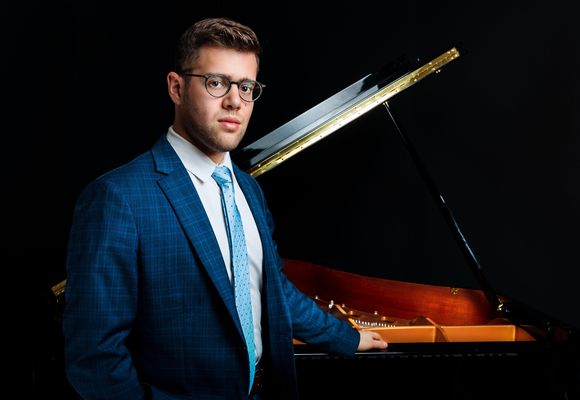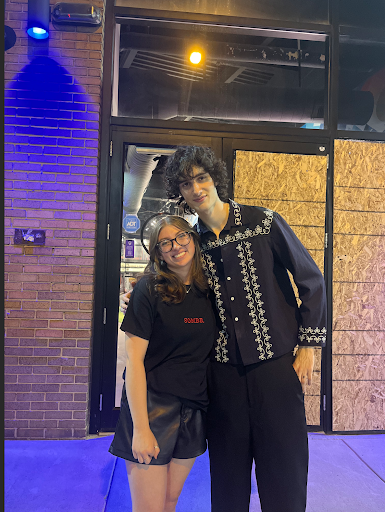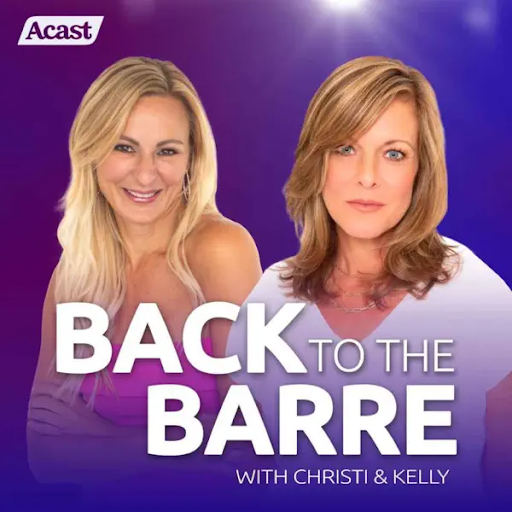Ten Questions for Jazz Artist Steven Feifke

Steve Feifke; Photo Courtesy of: smallslive.com
Moravian College welcomed renowned composer, arranger, bandleader, and pianist Steven Feifke to Foy Concert Hall on Friday, November 15.
This performance, featuring the Moravian College BIG Band and Jazz Combo I, was a culmination of a three-day residency in which Feifke was the featured guest artist. During his residency, Feifke gave clinics to both high school and Moravian College students, discussing big band music, improvisation, composition, orchestration, and music business.
During his visit, The Comenian staff asked Feifke questions about his successful career and about what it means to be a jazz musician.
When did you get into jazz music? When did you realize that you wanted to be a jazz musician?
I was pretty young. I had a teacher who studied with a famous Boston teacher, and she was teaching me rudimentary stuff like classical music and what not, but I wasn’t enjoying it. I told my mom I wanted to quit, as she was my first piano teacher, but [my mom] said, “No. [But] why don’t you try to change it up and see if she can show you something else?’ Shortly thereafter [I started studying jazz]. I then decided I wanted to be a jazz musician.
What inspires you to write music?
I have various sources of inspiration. Sometimes people, sometimes places. But more often than not, as funny as it sounds, music inspires me to write music. A lot of times a piece already exists and you just need to uncover it.
What do you enjoy doing more: composing originals or arranging standards?
I like them both. There is a good deal of composition involved in arranging and orchestrating, so I don’t view them as entirely separate. Arranging a song doesn’t necessarily mean that you derange the song all the time. For instance, when a singer hires you to make an arrangement of a song, it doesn’t mean to change the song entirely. It means to add something somehow, but keep the core of the song the same.
What was it like being a student at New York University and the Manhattan School of Music?
NYU was pretty hectic. I was studying pre-med, then I switched to math, and then I switched to economics, and I wound up getting a minor in economics. It was cool to be in New York. [In] my freshman year, my dorm was a ten-minute walk from Smalls [Jazz Club], so every week I would be there. I ended up meeting some pretty great professors who have become mentors of mine, such as Stefan Harris, Gil Goldstein, and Dave Pietro. I am very glad for those connections. Also, I was very glad for an outside perspective in being able to work with a different subject other than music and get to connect with people outside of the music department.
I took three years off from going to school and later went to MSM, because I felt like I had certain holes that I needed to fill, I went in with a game plan of what I wanted to study and I was already working at the time. Going to school then was more about just balancing my life and taking the next step to fill those gaps. But, it also helped to strengthen and create new connections. Stefan [Harris] was there my second year of school, and he now hires me on occasion to write for the MSM band and for his own projects. It was [also] really great to connect with Jim McNeely while I was there, and he has become a mentor of mine as well. There is also a great student body [at MSM] that I was able to connect with, too.
How does your approach to jazz music change as a leader as opposed to a sideman?
As a side man, my attitude towards music does not change. I practice a lot for various gigs [regardless of whether] they are my own or someone else’s. I really like to be the most prepared person there if possible. Especially if you are a side person, you are [usually] reading off a chart. If you are a guest conductor, you want to try to transcend that written music and be able to just create music that you can hear, play, and use to connect with people. That’s the whole reason, at least for me, that I started to love playing jazz. It gives you the opportunity to really connect with people on a different level than just talking to them.
There [are also] different kinds of responsibilities, wherever you are a bandleader or a side man. As a bandleader you need to be ready to make certain musical choices at any given moment. As a side man, you need to obey certain musical wishes that the band leader might have. But the biggest difference between being a side man and a bandleader is that the bandleader has more responsibility, as he or she is taking care of the band in a professional way as well as a musical way. So, you need to be almost more prepared [as a bandleader] because there are different aspects of the job. If you are a side man, you just go and play the gig, but then the bandleader is figuring out when to schedule a car after the lobby calls. So they are very different.
What has been your favorite place in the world that your career has taken you thus far?
There is this town on the Amalfi Coast of Italy called Ravello, which is one of the most beautiful things that I have ever seen in my life. I have visited other places that I never would have expected, like Egypt. I was there earlier this year and went inside the Great Pyramid. I was just in Japan and that was a totally unfamiliar culture.
What have been some of your favorite moments of your career?
I recently recorded by debut big band album in January for two days at Sear Sound in New York City. That was a really exciting moment for me, like a bit of a dream come true. I also had the chance this year to premiere my first orchestral work in Florence, Italy, which is what brought me to Ravello. Those are two very recent highlights.
What do you love most about being a jazz musician?
I like how every day brings a new surprise and how my life is unpredictable. I do like to plan things out and that’s part of the reason I got into writing. But I do like the unpredictable nature of the career. I also loved music ever since I was a kid. My mom says from the time I was two or three years old I would just be yelling in the car if she turned off the music. I considered doing other things with my life [in the past], but I don’t think that I could actually do something aside from music because I just love it so much.
What have been some of the biggest challenges you have faced being a composer and a jazz musician?
Coming out of college, it takes a long time to build a career, especially if you are a freelance musician. There are certain realities of life that you have to face, like for instance how am I going to pay my bills? When I first graduated college, I wasn’t so much focused on my career so much as I was focused on how I needed to make this job work. That’s a challenge that I think many people continually face throughout their careers.
I sought out a teaching gig four days a week. Then anytime I had a gig, I put that money towards advancing my career. I would book recording sessions with my big band and do little video shoots that I would then post on YouTube, which would then serve as a marketing tool for me. Then other people saw those videos, and all of a sudden I started to become more known as a bandleader, arranger, orchestrator, and composer.
Another challenge is how to market yourself in a field where there is a lot of similar competition. The last challenge is what happens when you feel uninspired. Everyone has those days where they feel less inspired than other days, but when it becomes your job, sometimes you don’t have the liberty of waiting to solve writer’s block. Learning how to get inspired and not to rely on external factors and still create honest and meaningful music can be a bit of a challenge sometimes.
What advice do you have for students who want to enter the music field?
I think if you really want something, then there’s always a way to make that happen. I think having a certain amount of tenacity is really important, but not [the] tenacity [of] just going in one direction at once but [of] having a plan or goal. Like [asking yourself] where you want to be in x amount of years, where you want to be in a month, or where you want to be in a day. I think my advice would be if it’s something you want to do, just be real with yourself and say what do I need for today, what do I need for tomorrow, and what do I want in five years or how many years and [make sure] to plan ahead.






